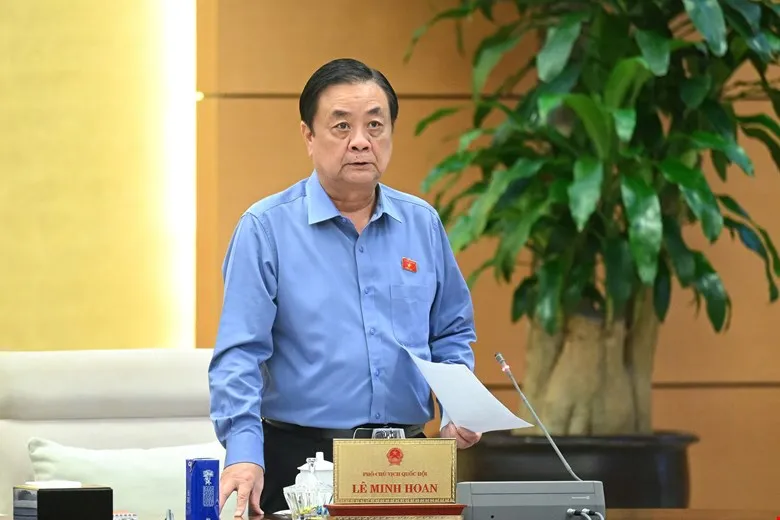
Reporting on a number of major issues in explaining, receiving and revising the draft Law on Atomic Energy (amended) at the meeting of the National Assembly Standing Committee on the morning of June 4, Chairman of the Committee for Science , Technology and Environment Le Quang Huy informed that the draft law has been reviewed, institutionalizing the Party's policies, closely following the viewpoints and purposes, removing many inappropriate contents; promoting decentralization and delegation of power; cutting down and simplifying administrative procedures and investment and business conditions.
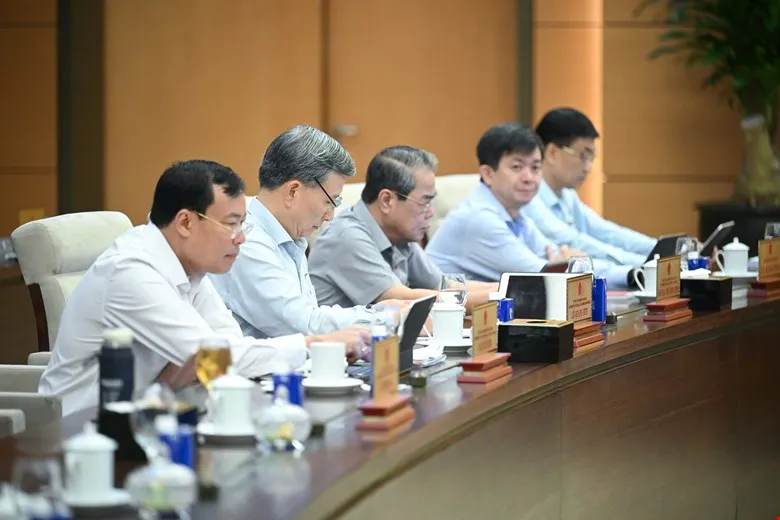
To ensure the consistency and synchronization of the legal system, some provisions on the authority to decide and approve investment policies for nuclear power projects have been transferred to the draft Law amending a number of articles of the Law on Bidding; Law on Investment under the public-private partnership model; Law on Customs; Law on Export Tax and Import Tax; Law on Investment; Law on Public Investment; Law on Management and Use of Public Assets (Law amending 7 laws).
The drafting agency and relevant agencies have also reviewed and completed the relevant contents on atomic energy stipulated in the draft Law on State of Emergency (on response to radiation and nuclear incidents), the draft Law amending and supplementing a number of articles of the Law on Planning (on environmental protection planning, development planning, and application of atomic energy).
Among the specific contents, the draft law has added content on community participation in monitoring, ensuring public and transparent information on radiation safety, nuclear safety and security in areas with atomic energy activities; accountability of state management agencies in handling radiation and nuclear incidents.
Incorporating the opinions of National Assembly deputies, the draft law also revised the regulations on state management in the field of atomic energy and the national nuclear and radiation safety agency. Accordingly, the Government assigned an agency to act as a focal point to help manage the state in the field of atomic energy (nuclear regulatory agency), ensuring compliance with the national political -administrative system and international practices.
The nuclear regulatory agency must have a specialized agency (the national nuclear and radiation safety agency) that is responsible for and advises on and assists the state in managing radiation safety, nuclear safety and security, nuclear inspection, and other functions and tasks as prescribed by this law and other relevant laws.
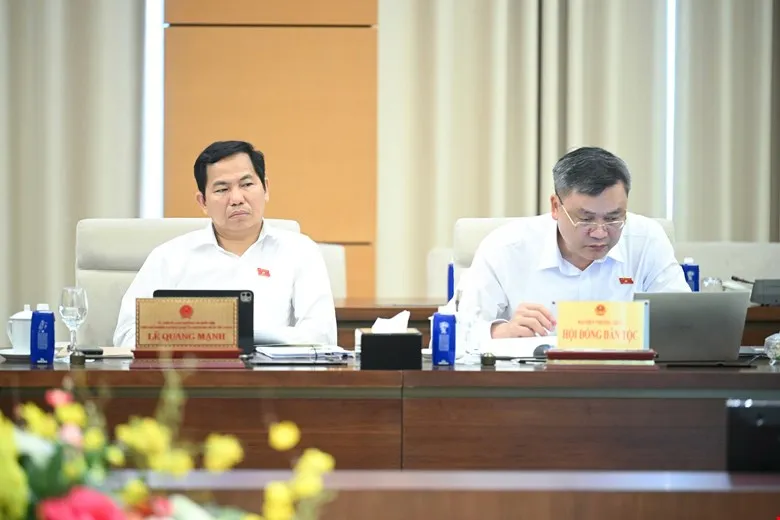
Regarding nuclear power plants, the draft law is revised to clearly stipulate the management of nuclear power plants in order of stages in the plant's life cycle, including approval of investment policy, approval of location, decision on project investment, approval of design, manufacturing and construction, issuance of trial operation license, issuance of official operation license to issuance of termination license.
“Each phase has specific regulations on the responsibilities of the investor and operating organization; requirements for documents; approval and licensing conditions,” Mr. Le Quang Huy stated.
Commenting on the draft law, Vice Chairman of the National Assembly Nguyen Khac Dinh suggested considering the explanation of too many concepts in the draft law. The Vice Chairman of the National Assembly also did not agree with the fact that up to 51 articles were assigned to the Government for detailed regulations. Some contents (such as the statute of limitations for filing a lawsuit for compensation when an incident occurs) need to be compared with civil law; the enforcement provisions need to be redesigned...
Although she had heard the report explaining the name of the law, Head of the Delegation Affairs Committee Nguyen Thanh Hai still had concerns. Physicist Nguyen Thanh Hai said that many developed countries use the concept of "Nuclear Energy Law" and the content of this law is also nuclear energy. "This is an opportunity for us to change the name of the law to match the content of the law," Ms. Nguyen Thanh Hai proposed.
Responding later, Deputy Minister of Science and Technology Le Xuan Dinh, representing the review agency, acknowledged this opinion, but said that non-nuclear energy is also being widely used in Vietnam such as medical diagnostic X-ray machines, industrial X-rays, sample composition analyzers, accelerators, etc. These applications account for a large proportion in practice in Vietnam and are also regulated in this law.
Source: https://www.sggp.org.vn/bo-sung-quy-dinh-cong-khai-minh-bach-ve-an-toan-buc-xa-an-toan-va-an-ninh-hat-nhan-post798045.html








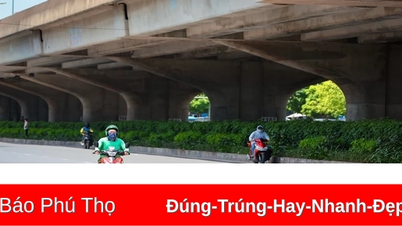

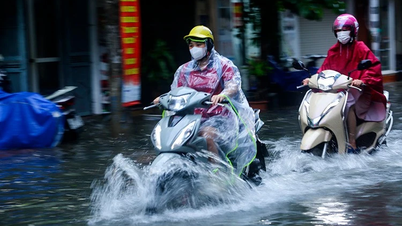

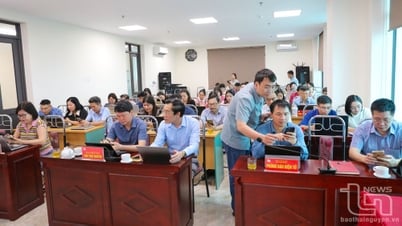

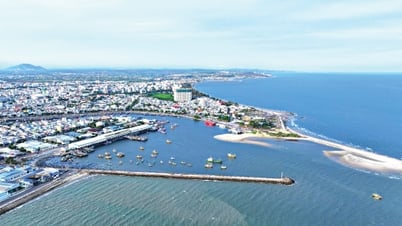









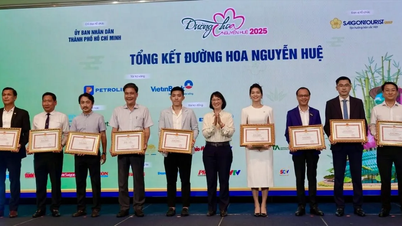
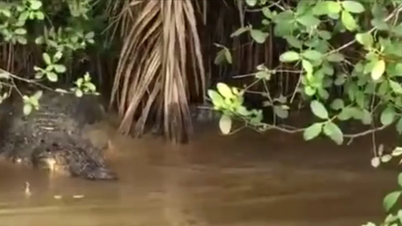
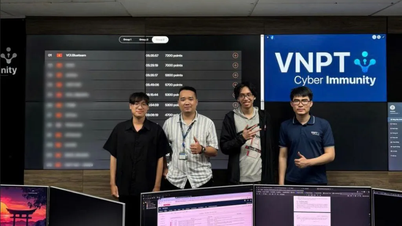






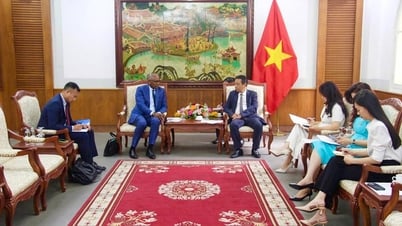































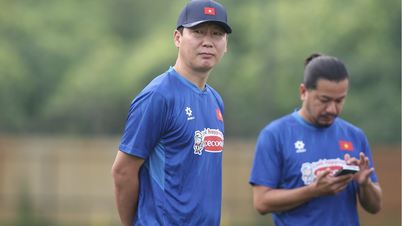
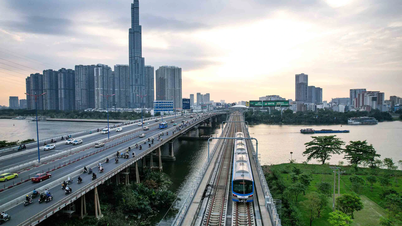



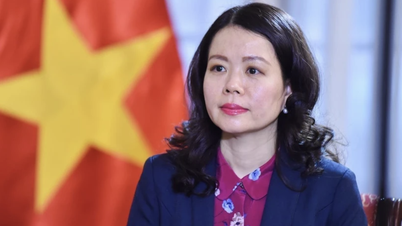








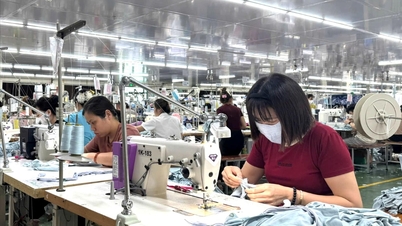

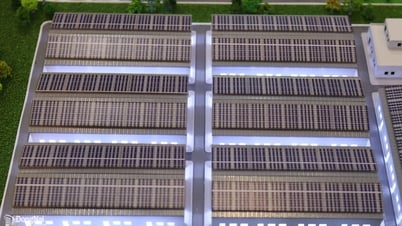

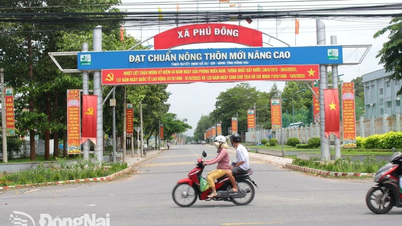











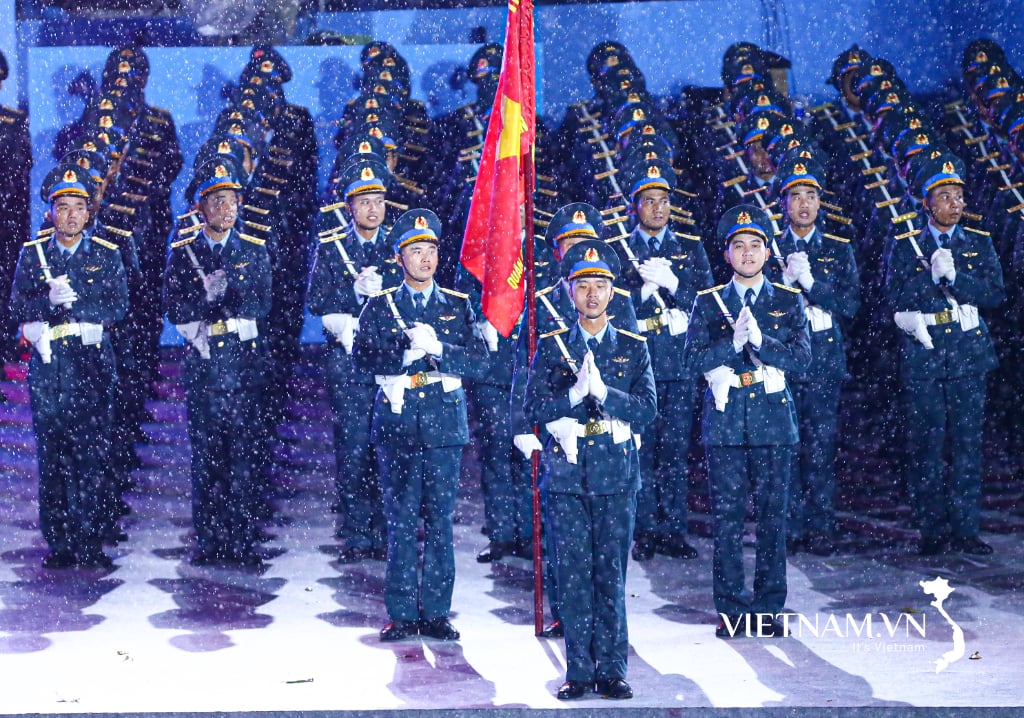
Comment (0)